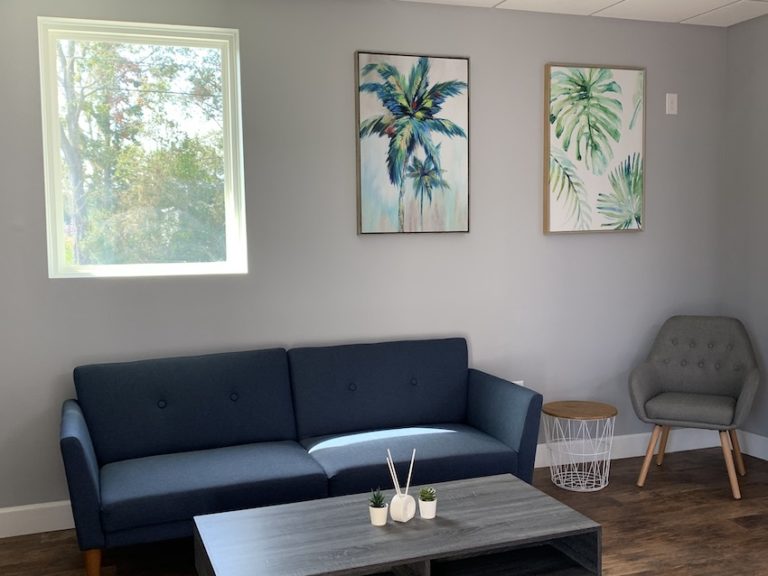What Issues Can Invisalign® Fix?
Invisalign® revolutionized the way people look at orthodontic treatment. The clear aligner system from Invisalign® made it possible for people to discreetly improve their smiles. While Invisalign® allows people to love the appearance of their smile and avoids many of the discomforts of braces throughout the process, there should be more to consider when choosing orthodontic treatment. You should consider which treatment option will best treat your individual situation. While you should speak with our doctors before making your final decision, we have included issues that Invisalign® can effectively treat.
Crooked Teeth
Invisalign® is very effective at treating crooked teeth. The clear aligners offer a great solution for people to align their teeth and love their smile.
Overbite & Underbite
Invisalign® can be used to treat both an overbite and an underbite. An overbite is when the top front teeth extend beyond the bottom of your bottom front teeth. An underbite is when the lower jaw rests in front of the top jaw when the mouth is closed. Invisalign® can be used to move either the top or bottom teeth into the right place so that they align properly with the mouth closed.
Crossbite
A crossbite occurs when teeth don’t line up properly with the mouth closed. This could be the top teeth in the back of your mouth resting inside your bottom teeth or could be one or more of your top front teeth resting behind your bottom front teeth. Invisalign® can move teeth into the proper positions and treat a crossbite.
Gaps in Teeth & Crowded Teeth
These opposite issues can both be treated by Invisalign®. Gaps in teeth occur when there are large spaces between teeth. Crowded teeth happen when there is not enough room in the jaw for all of the teeth, often causing them to overlap or twist. Crowded teeth can make it easy for food to get stuck or plaque to build up, and should be addressed to keep optimal oral health.
Limitations of Invisalign®
While Invisalign® is an excellent option for many orthodontic issues, it does have its limitations. There are times when it may be best to go with braces. For severe orthodontic issues and intrusion and extrusion, braces often offer the force that is needed. It’s also important to note that Invisalign® continues to get better and better. We can now treat more complex orthodontic situations than we could even a few years ago. If you are interested if Invisalign® is the right treatment option for you, contact our Milton office at (850) 463-0229.
Learn More About Invisalign®
